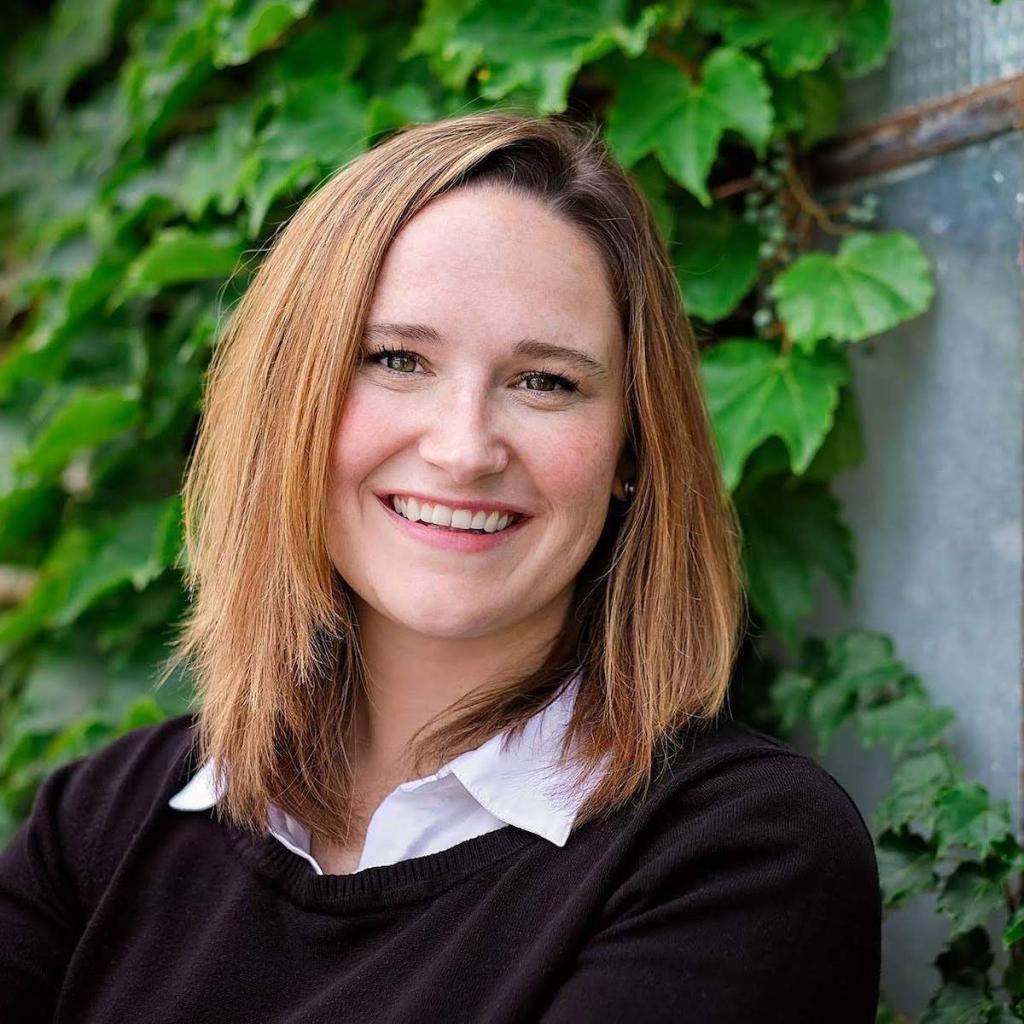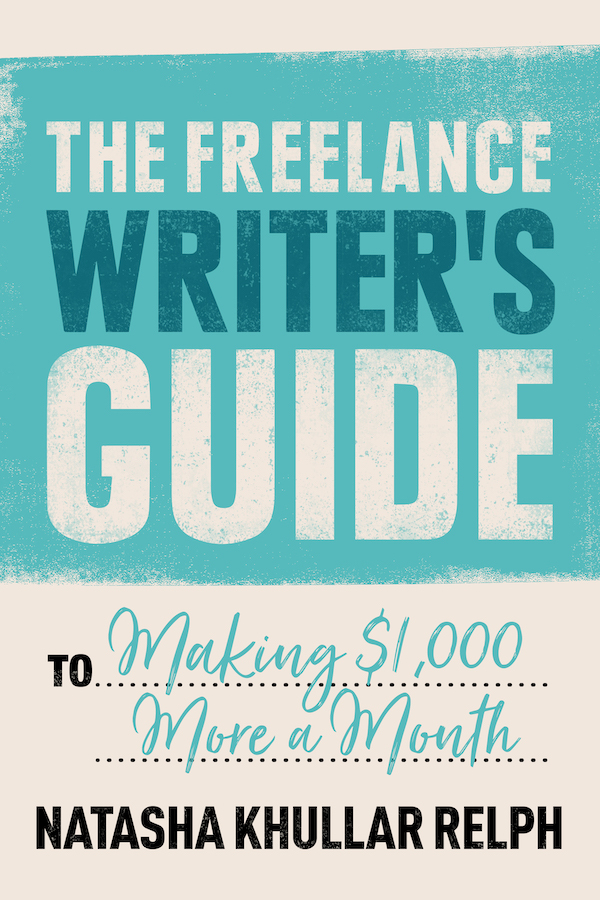
Happy Friday, writer friends! I’m struggling to stay motivated today (a never-ending to-do list will do that to you), so I’ve been trying to spice up my work day with small and achievable goals. Writing this was one of them. And now it’s done.
Enjoy the issue!
Natasha Khullar Relph
NEWS & VIEWS
Newsletter boom
It’s no secret that we’re big fans of newsletters here at The Wordling HQ (I launched my first in 2002!) Newsletters had their moment in the early 2000s, but then were cast aside for newer technologies such as blogs, YouTube, and of course, social media.
In 2015, we came full circle and daily newsletters such as theSkimm, Morning Brew, The Newsette, and The Hustle started amassing hundreds of thousands of subscribers within months. Still, despite the growing popularity of newsletters, they were seen as secondary to website content and used as a means to bring readers to a publication’s website.
This month, it became clear that this has now changed.
The Guardian’s head of newsletters Toby Moses told Press Gazette that their main focus in the coming months is “to shift more of [The Guardian’s] newsletter portfolio from being automated or curated newsletters with a brief summary of the news, to more dedicated, in-depth newsletters featuring original reporting and analysis.”
There is also a big push towards personality-driven newsletters, which means just like The New York Times is doing, there will be more of a push to have newsletters categorized not just by subjects, but by high-profile journalists.
Why should this matter to you? Two reasons:
1. We’ve written about journalists as brands before. This is one area where a journalist with a strong brand can find multiple opportunities for further growth and visibility. Media organizations are launching dozens of newsletters—The Guardian has 50 newsletters that are sent to over a million unique subscribers and the New York Times says nearly 15 million users read a Times newsletter every week, from its portfolio of 50 emails.
While media organizations will absolutely be tapping their star reporters for these opportunities, they will also be bringing in new voices, that is, journalists with existing brands.
2. As a contributor, you’re not just going to be writing articles that get linked to in the publication’s newsletter, you’re going to be writing for the newsletter itself. This, depending on the publication, may require an entirely different format and skill set, and the sooner you get proficient at it, the more desirable you will be.
TL;DR Newsletters are finally getting the respect they deserve. It’s about damn time.
SEE ALSO:
On book cover design: Author Jeff Vander talks to his cover designers about his playful, distinct, and surreal book covers, and the process of designing them.
On writing a book without a plan: Author Aimee Bender on the Iris Murdoch quote, “Every book is the wreck of a perfect idea” and how it played out for one of her books.
WRITERS WANTED
Our How to Pitch page now has 90+ pitching guidelines, including National Geographic, The Economist, Financial Times, Wired, and more.
(We’ve got dozens more markets being added next week + a literary agents database in the works. Stay tuned.)
WORDLINGS WE LOVE

We’ve been interviewing some pretty cool people here at The Wordling HQ in the last month. Here are our favorites, in case you missed them:
Casey Morris on Using LinkedIn to Get More Freelance Work
Angela Giles Klocke on Writing About Trauma
Sara Phillips on Environmental Journalism
Kassondra Cloos on Making a Career in Travel Writing
THE WORDLING READ
Learn how to add $1,000 a month to your writing income quickly
This book isn’t meant to show you how to become a freelancer or even how to make a living. For that, check out some of the other books in this series.
In this book, you’ll learn how to move up the ladder and increase your earnings with very little effort.
You’ll learn how to add a cool $1,000 to your revenue. Quickly. This month. With little additional work.
By the time you finish this book, you will have a list of ideas and strategies that will help you put more money in your pocket today .

WORDLING INSIGHT
You’ll never be the best writer in the world.
You won’t be the worst either.
We’re all somewhere in the middle. Your goal is to keep moving up in that sliding scale, be a bit farther ahead today than you were yesterday.
Keep doing that. It doesn’t matter where everyone else falls on that sliding scale. We’re always somewhere in the middle.
You’re not the best. But you’re not the worst either. And that’s something.
GLOBAL REPORT
EU: Google has signed deals to pay more than 300 publishers in Germany, France, Hungary, Austria, the Netherlands, and Ireland for their news. “News publishers, among Google’s fiercest critics, have long urged governments to ensure online platforms pay fair remuneration for their content.” Reuters reports. “Australia last year made such payments mandatory while Canada introduced similar legislation last month.”
ITALY: Book piracy is not a new concern in any country. But Italian publishers have put a number on it. According to a new report, Italians carried out an average 322,000 acts of book piracy per day in 2021, costing the industry €771 Million.
QUOTE OF THE DAY
“Good fiction’s job is to comfort the disturbed and disturb the comfortable.
— David Foster Wallace
SHARE THE WORDLING
The Wordlings have been reading old journals lately and remembering what attracted them to the writing life. Share The Wordling with a writer who’s gone off path and needs a nudge in the right direction.
or
Support us by buying us a coffee.
